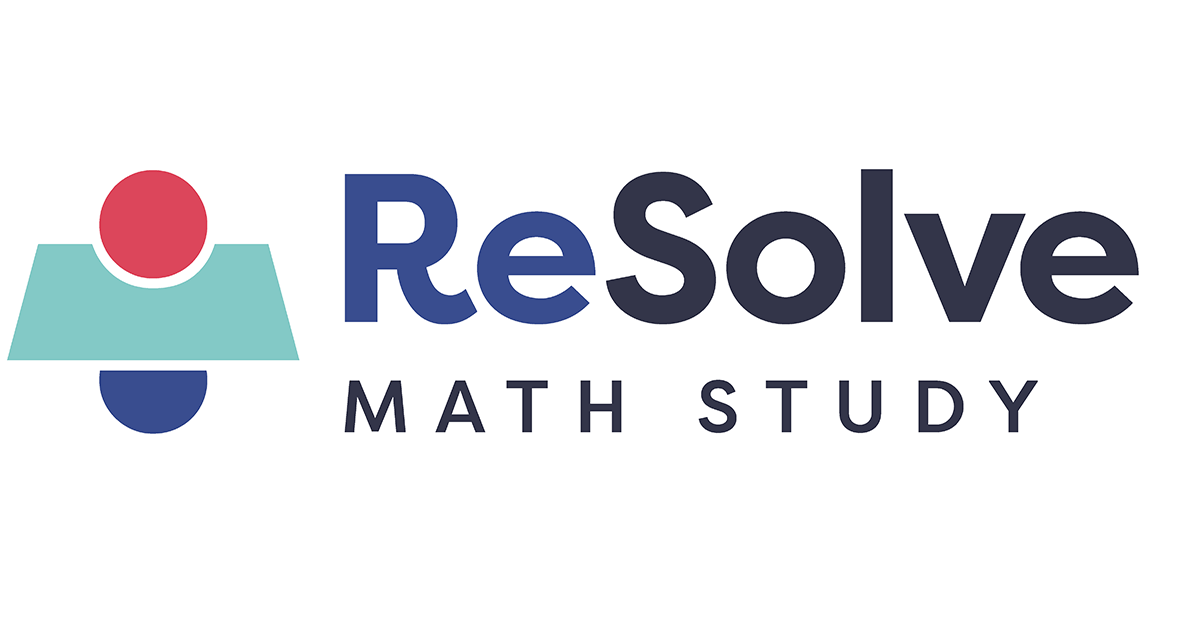An Opportunity for Providers of Digital Math Products to Address Unfinished Learning
 MDRC, in collaboration with RAND Corporation, Digital Promise, Westat, and Public Strategies, is seeking qualified entities to provide digital adaptive math products that complement core teacher-led instruction and support elementary school students with unfinished learning to “catch up” to grade-level standards. The selected providers will participate in a large-scale evaluation funded by the Institute of Education Sciences in the U.S. Department of Education (ED).
MDRC, in collaboration with RAND Corporation, Digital Promise, Westat, and Public Strategies, is seeking qualified entities to provide digital adaptive math products that complement core teacher-led instruction and support elementary school students with unfinished learning to “catch up” to grade-level standards. The selected providers will participate in a large-scale evaluation funded by the Institute of Education Sciences in the U.S. Department of Education (ED).
A Request for Proposals (RFP) seeks providers of existing digital technologies that support math learning in the elementary grades and include (or can be readily adapted to include) the following four core components:
- Math content covering key upper elementary grade standards and prerequisite skills and knowledge. Products must align with contemporary state math standards.
- Frequent evaluation of unfinished learning to adapt content to each student’s needs. Products must have a methodology for frequently identifying or diagnosing students’ unfinished learning in math and directing students to math content that addresses their specific needs.
- Math activities and lessons addressing each student’s unfinished learning. Products must use instructional practices that align with the What Works Clearinghouse Practice Guide for Assisting Struggling Students with Mathematics and provide engaging and motivating content to improve each student’s math achievement.
- Systems to support teachers in progress monitoring. Products must include the capability to provide individual student- and classroom-level reports/dashboards for the teacher to monitor product usage and student learning.
Beyond the delivery of these four core components, an eligible product must be able to operationalize two approaches for providing instruction (some time and resources will be available for product modifications):
- The Broad Foundation Skill Building approach emphasizes mastery of unfinished learning from earlier grades. This approach starts with the most basic skill on the learning progression for which a student has unfinished learning and moves the student through all areas of unfinished learning in the order of the learning progression.
- The Focused Just-In-Time Skill Building approach emphasizes on-grade-level content. Based on the current grade-level topic being covered during full-class instruction, this approach focuses on addressing only the specific unfinished learning that would hinder a student from mastering the current topic.
Proposals will be evaluated based on the quality of the proposed product’s math catch-up strategy and implementation plan; alignment of the product with the specifications discussed in the RFP, including the RFP’s definition of the two instructional approaches; the research supporting the product’s effectiveness; and evidence of the organizational capacity of the provider. After a review of written proposals, highly rated providers will be invited to present to the study team, ED, and a panel of experts. The study team, in consultation with the expert panel and ED, will then select up to two providers for inclusion in the evaluation through a fixed-price subcontract to MDRC.
Please see the RFP for more information about the scope of work, proposal evaluation criteria, and requirements for technical and business proposals.
Timeline and Communication
The table below summarizes key dates related to this RFP. Entities interested in responding to the RFP should fill out the intent-to-bid form. The form includes a space for providers to ask any questions they have about the RFP. Proposal submissions should be directed to ReSolveMath@MDRC.org.
Dates for Key Steps in the Proposal and Provider Selection Process
| Step | Date |
|---|---|
| RFP released on project website | May 18, 2022 |
| Intent-to-bid form (with space for questions) | May 25, 2022 |
| Responses to RFP questions posted on project website | June 6, 2022 |
| Proposals and letters of reference submitted to: ReSolveMath@MDRC.org | July 8, 2022, by 5:00 pm (ET) |
| Review of written proposals | July 2022 |
| Virtual presentations by selected finalists | August 2022 |
| Award date (estimated) | September 9, 2022 |
Documents
Responses to Provider Questions About the RFP
Required Forms for Proposal Submission





